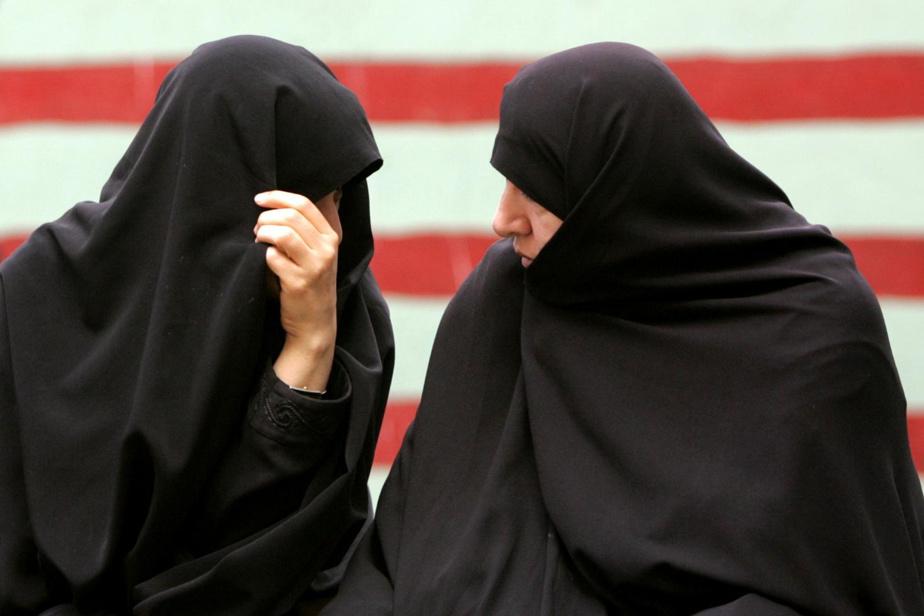Entry into force of a binding law for women
A law aimed at relaunching the birth rate has entered into force in Iran, after having aroused concern about restrictions on access to certain services and reproductive health care.
The law on "family support and the rejuvenation of the population" was approved by Parliament in October and entered into force on Monday evening according to the presidency site.It provides optional screening, restrictions on abortion and less access to contraception.It also provides various advantages to families with children and a television campaign to encourage women to have children and denounce celibacy or abortion.
The measure was criticized by UN experts and women's rights activists. "The consequences will be paralyzing for the right to health of women and girls and represent an alarming and regressive turnaround on the part of a State Who had been praised for progress in health law, "UN experts on Tuesday judged a statement. From his side, the NGO Human Rights Watch denounced a law that endangers the rights and life of women, By restricting access to certain reproductive health services and healthcare. AFROUZ SAFARIFARD, an official of the organization of social protection, warned on Monday that the law could increase the number of persons with congenital anomalies. And Massoud Mardani, of the National AIDS Committee on AIDS, judged last week that the law would contribute to the increase in cases of HIV/AIDS among other diseases. "The rate of illegal abortions will also increase due to the restrictions, mainly affecting women," said activist Azar Mansouri, quoted by local media.

In 1993, the state launched a program, encouraging couples to have only two children, who gave rapid results.But the Supreme Guide Ayatollah Ali Khamenei has been advocating for a few years the increase in the population as a factor of "national power"."If God wants, the population of the country will reach 150 million," he said in 2018.
About 46.6% of the 83 million Iranians are under 30 years old, said the National Statistics Center in 2019, and the number of under 30s has decreased since 2010 with a negative growth rate of 3.24%.
At the beginning of November, the chief of the Parliament Mohammad Bagher Ghalibaf defended the law as supporting "young couples and mothers".
Eudaemonism: all about this philosophy of happiness
GO
How Danielle Collins became a champion again despite having endometriosis
GO
Seven cases of COVID-19 are added to the regional balance sheet of Gaspésie
GO
Effects of palm oil on health: what are the dangers?
GO